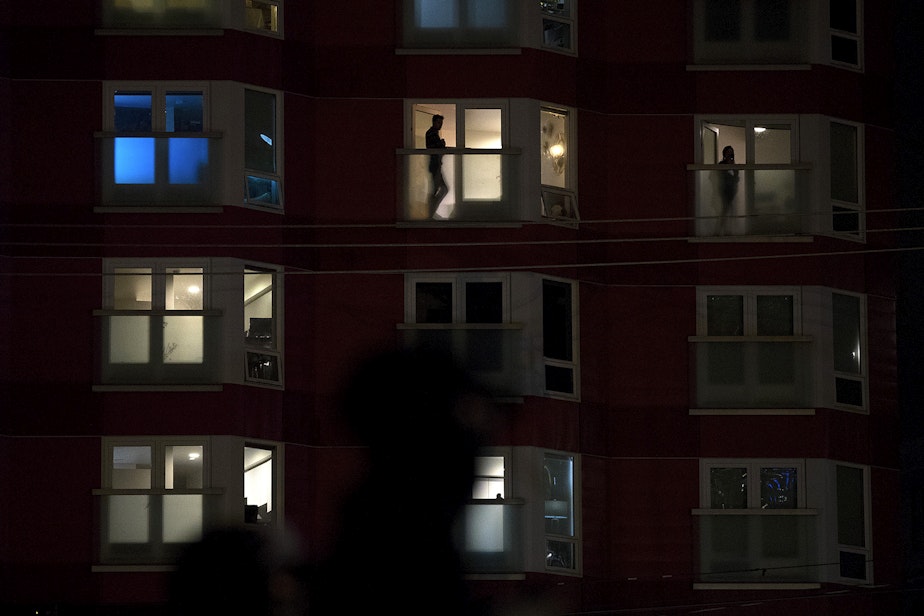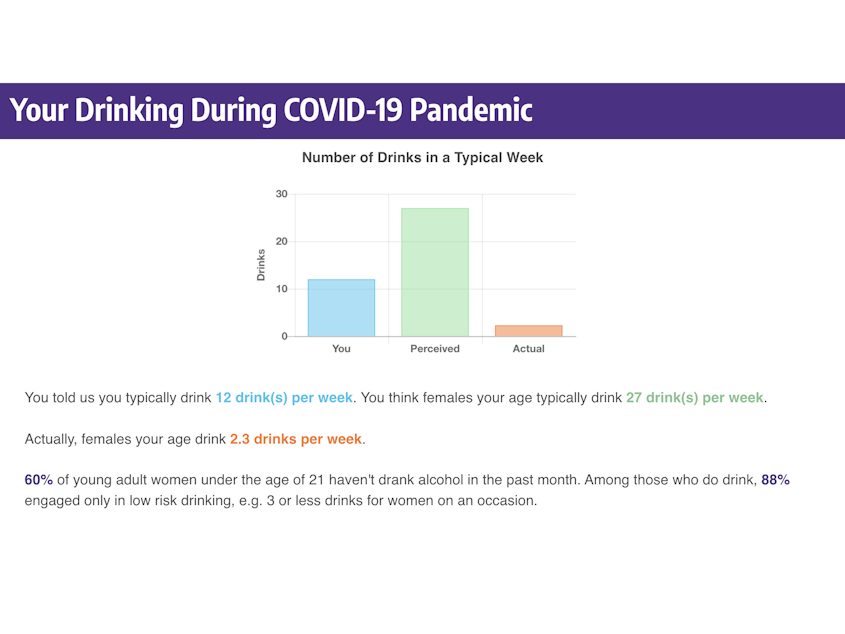Pandemic isolation hits young adults especially hard

A national study found that 3 out of 4 young adults struggle with feelings of loneliness, restlessness, and have trouble concentrating. Some worry about how much alcohol they’re drinking.
Their sadness exceeds that seen in older adults that face higher health risks from Covid-19.
A psychologist offers advice to help them feel better.
Jennifer Cadigan, a psychologist and a researcher with the University of Washington School of Medicine, says the reason young adults have been hit so hard, emotionally, is that at that age, peer groups are really important.
The biggest rise in depressive symptoms occurred in young adults who had previously benefited from strong social networks, Cadigan says.
"That was suddenly ripped away," she says. "For a lot of people who initially felt like, 'I'm doing okay, I have all these relationships, I see my friends' — to all of a sudden go from having that to not having that at all was especially difficult, for people, especially for young adults."
Cadigan wants them to know: "You are not alone. Many other people are also feeling lonely, and they're feeling scared and they're feeling really stressed out."
She says once people accept that their feelings are normal, they're more comfortable connecting with friends, which can help them start to feel better.
But young adults are less likely than older adults to pick up the phone and talk to somebody. So Cadigan tailors her advice to Generation Z.
"Text a friend at the end of the day. Tag a friend in a social media post. Watch Netflix virtually together," she says.
Sponsored
The other important thing is to get exercise. "Meet a friend and go for a walk, as a way of engaging in this safe social distancing but still see somebody," says Cadigan.
Because everybody's situation is slightly different, Cadigan and some colleagues at the University of Washington developed an online tool called "Check in with Yourself" that gives customized advice to each young adult.
The website asks a series of detailed questions, and then provides a unique set of recommendations.
It also debunks some myths. For example, a lot of young adults assume their peers are drinking heavily through the pandemic. Studies show that's not true, Cadigan says.
In one example, a survey respondent said they typically drink 12 drinks per week, and guessed that females of the same age typically drink 27 drinks per week. In fact, females of that respondent's age typically drink 2.3 drinks per week.
Sponsored

The web tool also gives researchers more data about how people are doing.
One surprising thing the researcjers found is that even while most young adults show symptoms of depression, they manage to remain optimistic about the future.
They miss their friends, and they're not happy about it. But they know we’ll get through this.




